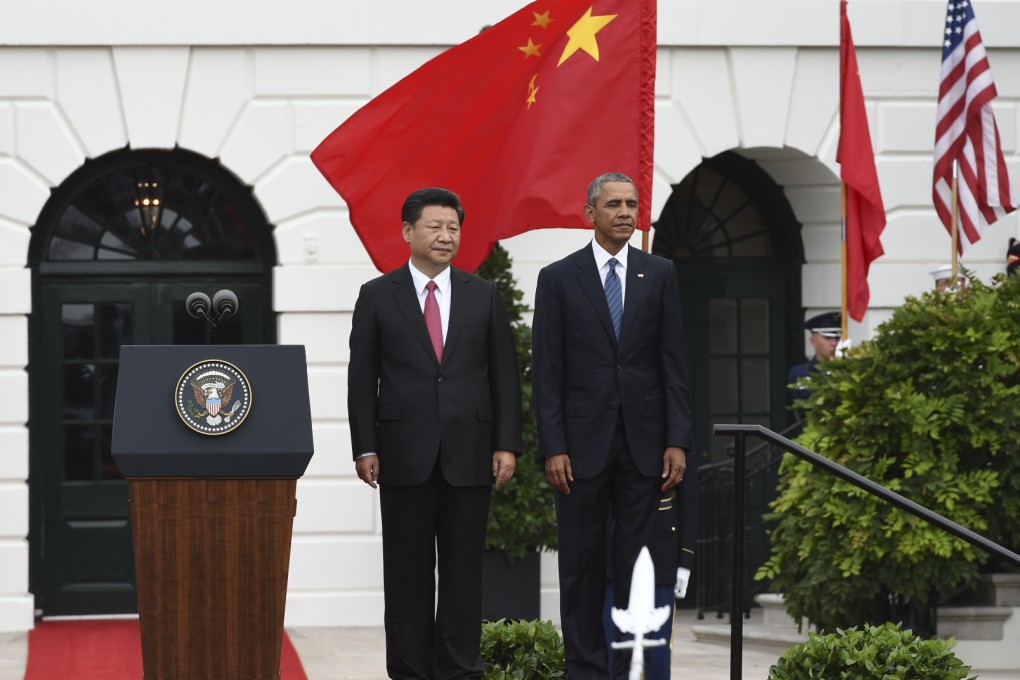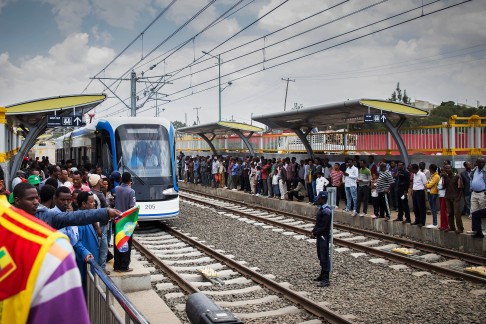How America's China watchers misread China
Robert Lawrence Kuhn says analysts who see Beijing conducting a more muscular foreign policy and curbing freedoms at home have failed to account for the steps being taken to improve the rule of law

Click to read the Chinese translation of this article.
President Xi Jinping's state visit to Washington came at a time when most China experts in America had turned pessimistic about relations. Worse, some had come to believe that it has been all along an illusion to expect US-China relations to improve fundamentally, and that US policy on China must adopt more strategies bordering on "containment".
READ MORE: Full coverage of Xi Jinping's US visit
Such pessimism was as pernicious as it was pervasive. If we want a "new kind of major power relationship", as Xi has called for, not a new kind of cold war, we should start by understanding why America's China experts had turned negative.
I don't think the two presidents interpret a 'new kind of major power relations' in quite the same way, but the summit seems to have achieved its goals
Don't blame American politics. Although political campaigns engender tiresome China-bashing, leading analysts are not much swayed by political rhetoric. Don't blame "foreign media conspiracies". Free media attacks all abuses of power; they harbour no hatred for China.
Here's what did happen. The general perception among foreign China watchers was that China had become both more aggressive abroad (for example, the South China Sea and cybertheft) and more autocratic at home, regressing with respect to political reform and civil society, fostering a kind of recidivistic Maoism, with focus, of late, on "hostile foreign forces", stricter regulation of the media and non-governmental organisations, and the detention of human rights lawyers.

It is this combination that counts - greater assertiveness internationally and fewer freedoms domestically. It is critics' misconstruing of this confluence that led them to misjudge Xi's intent and China's direction. While no one was equating China today with the Soviet Union of yesteryear, there were worrisome moves in this counterproductive direction. Correct understanding lies in counterexamples.
Internationally, critics suspect China's "belt and road" initiative to be Beijing's reach for regional dominance (about 60 countries). Yet, building infrastructure in developing countries facilitates global stability, and because these countries are often not very stable, projects will be challenging and risky. In addition, China's economy depends on trade, which depends on the international order, and so to argue that China seeks to disrupt the international order makes no sense.
